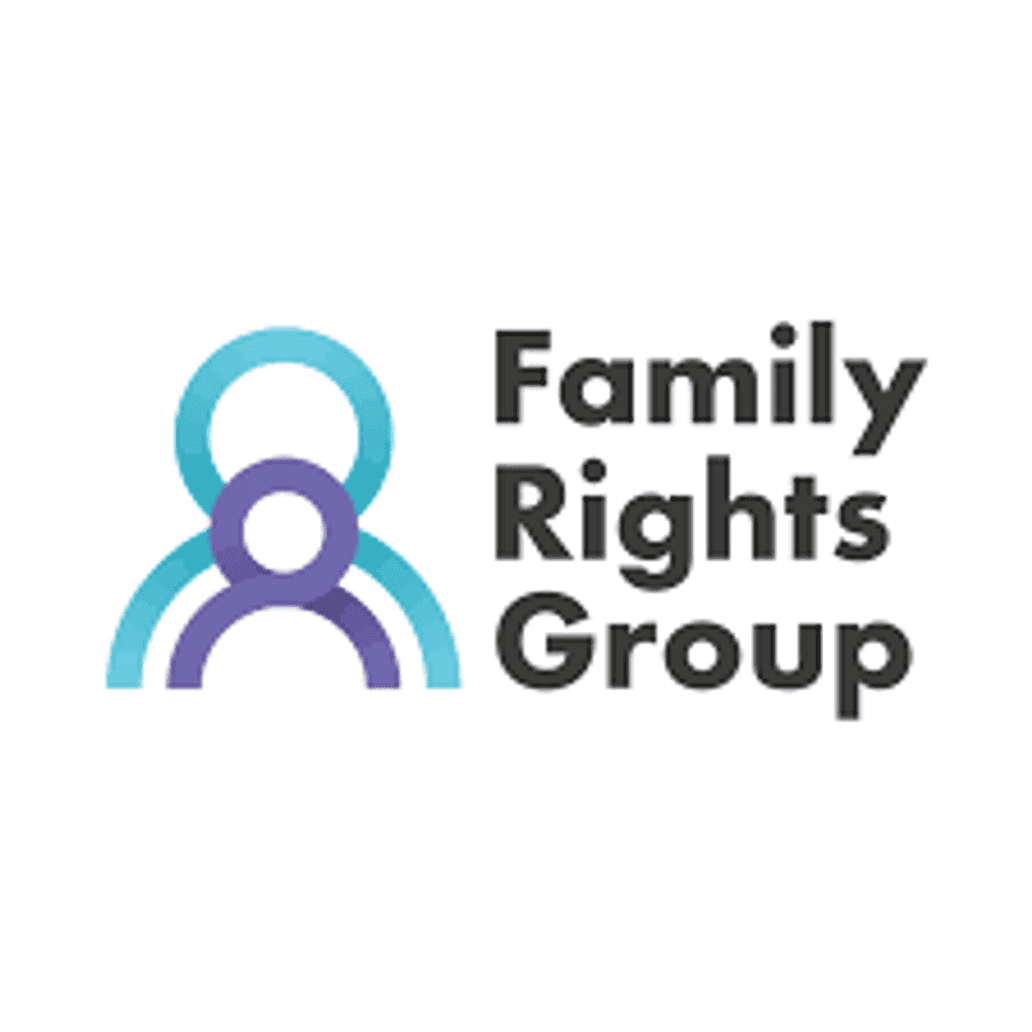How to Work with Children's Services if You Have Experienced Domestic Abuse
Hi, my name is Suzie and I am an adviser at Family Rights Group.
01 Aug 2019
Hi, my name is Suzie and I am an adviser at Family Rights Group. We are the charity that works with parents in England and Wales whose children are in need, at risk or are in the care system and with members of the wider family who are raising children unable to remain at home.
I’m writing this advice blog to answer some of your questions about children’s services (social services) involvement with families who are experiencing or have experienced domestic violence.
Before I answer the questions which were sent, let me explain what domestic violence is and why it’s harmful to children:
Domestic violence can involve physical or sexual abuse, rape, emotional abuse and isolation, coercion, threats, intimidation, economic abuse, financial control, forced marriage and honour-based violence. It can happen online as well as offline. People who experience domestic violence may have a range of responses to it – fear, anxiety, isolation, depression, drug or alcohol misuse – and too often they feel blamed.
In this blog I refer to survivors of domestic violence as “the mother” or “she” and the abuser or perpetrator as “the father” or “he”. I’ve used this language because it reflects the situation in the majority of cases. However, Family Rights Group does recognise that men can also be survivors of domestic violence and that domestic violence can occur in same sex couples.
These questions were drafted with input from the Traveller Movement.
Research shows that witnessing domestic violence can be very harmful for children and this is specifically included in the legal definition of significant harm.
And now to answer the specific questions which were sent in.
Below are some of the questions answered in the blog. You can read answers to each question here.
- What can I do if I am contacted by a social worker?
- The social worker is talking about ‘child in need’, ‘child protection’ and ‘significant harm’. What does this all mean?
- What could happen when a social worker contacts me?
- I feel worried about talking with, and working with, the social worker.
- What exactly will happen during the assessment?
- What about after the assessment is finished?
- Could my children be removed from me?
- What happens if I return to my violent partner against the advice given by my social worker?
- I am scared to contact the police or the social worker as I don’t want the situation to be held against me.
- My partner has told me the children will be taken from me if I report the violence.
- Going to social services would be a shameful thing for me to do. People in the community will think I’m a bad mother.
- I’m worried because I live on a site and I don’t want everyone knowing my business. What can I do?
- I live with my in-laws and they listen in to my phone conversations. Even my childer repeat things I say on the phone. Can we agree a ‘safe’ word or phrase if I’m not on my own?
- I don’t read and write and I get mixed up with my letters. I don’t know who’s writing to me. I need help from others to explain things to me. I depend on other people’s help.
- I have no money of my own and I have seven childer. I can’t even afford the bus fare. I can’t leave! I’m not allowed to save. My husband doesn’t give me anything. How will I get to a shelter or to a meeting with a social worker or domestic violence worker?
Further Help and Information
For more help and information about what benefits you might be entitled to, see the Citizens Advice and Direct Gov websites.
I have answered all the questions which were sent and I hope the answers are helpful. If you’d like to know more, you can:-
- call our advice line, 0808 801 0366
- check out our discussion boards
- go to our website whether there is domestic violence FAQs for mums; FAQs on domestic violence for dads and a leaflet we have produced called Information for mothers involved with Children’s Services because of domestic violence.